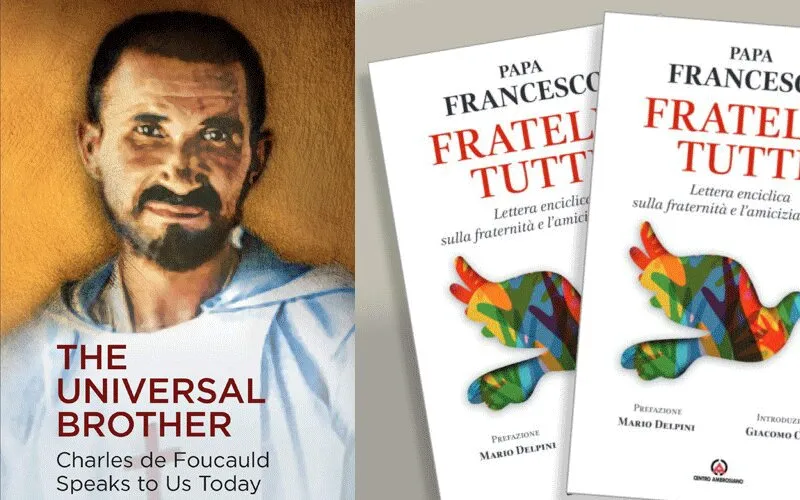The Church leaders who minister in the predominantly Muslim countries of Libya, Tunisia, Western Sahara, Algeria, and Morocco say, “Here in North Africa, we daily experience life in a way which would be unimaginable without those bonds of fraternity and of mission alongside those of other faiths.”
“In North Africa we experience a sense of brotherhood that is challenged by religious differences,” they further say, adding that it is evident in families whose members convert to Christianity.
They explain, “It takes time for the new Christian convert to acknowledge the insights he or she has received from their Muslim family, and also for the family to realize that their new faith hasn’t made them any less good, any less a brother or sister, or any less a citizen.”
CERNA members further identify race as one of the challenges they experience saying, “In our countries, difference of colour is also a challenge, and many Christians, especially students, migrants and religious from sub-Saharan Africa, are well aware of this.”
“Fortunately, they are sometimes well placed to be witnesses to the fraternity that can exist at the end of their struggles and are able to put things right through their perseverance, their humility, and their forgiveness. We discover that fraternity is a fight in which the weapons used are first and foremost within ourselves,” they explain.
In their collective statement, the members of CERNA also acknowledge the planned canonization of Blessed Charles de Foucauld as a major recent event that sheds “a new and joyful light on what we are living.”
Blessed Charles de Foucauld was a French missionary who ministered among the Tuareg people in Algeria where he was killed in 1916. In May, after approving a second miracle attributed to his intercession, Pope Francis advanced the cause of his sainthood.
In their collective statement, CERNA members say that Blessed Foucauld who was passionate about the Sahara and its inhabitants “wanted to entrench himself there by mysteriously offering for them his life, his knowledge, his service and his prayer.”
They add in reference to Blessed Foucauld,’s mission among the Tuareg people in Algeria, “Even though he was not of the same race, culture or religion as them, he wanted to be considered as their brother since that seemed to him to be the greatest witness to the love of God which he had known in Jesus Christ.”
“He was a man of his time. He didn’t overcome all the prejudices of his era, but he paved the way for others so that, by trying like him to become ‘universal brothers’, they could work towards a true brotherhood of human-beings and of peoples irrespective of differences,” CERNA members add.








